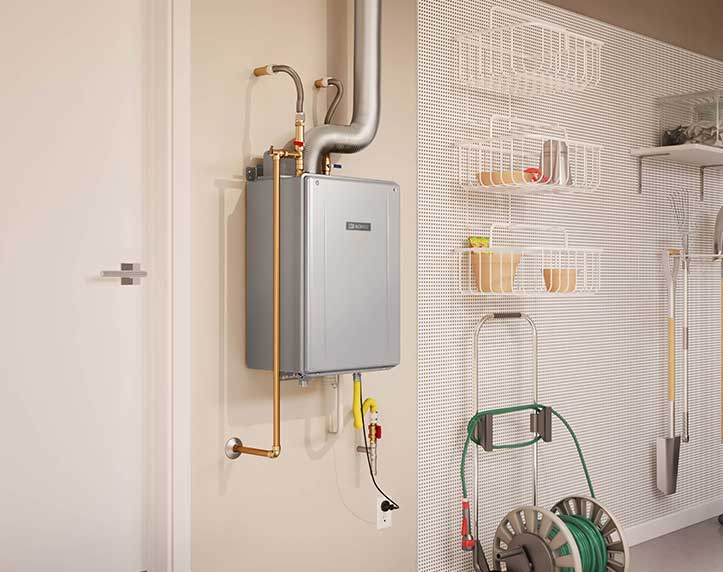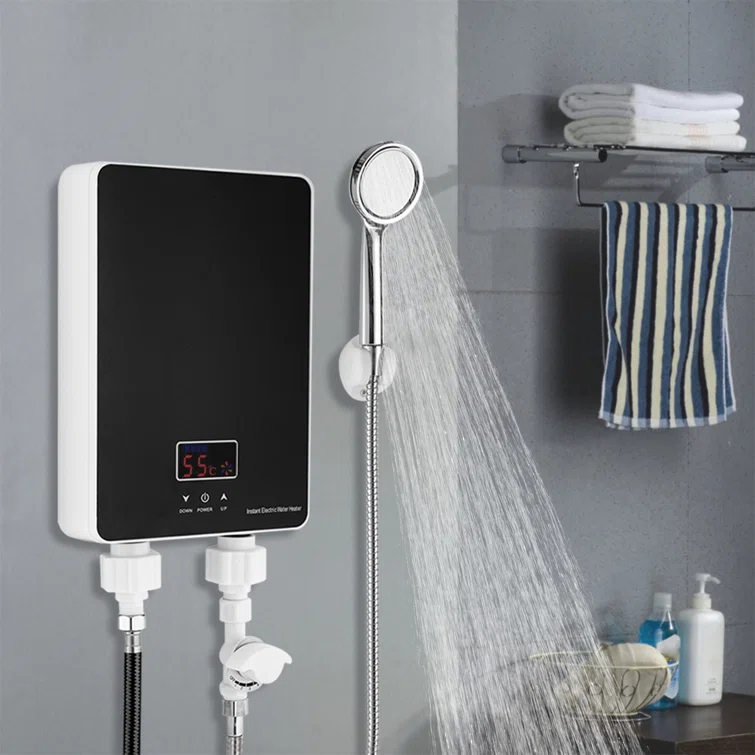Tankless water heaters have gained popularity in recent years for their energy efficiency and on-demand hot water supply. These systems shed light on their advantages and drawbacks, aiding homeowners in making informed decisions.
Pros of Tankless Water Heaters
1. Energy Efficiency: Tankless water heaters heat water only when needed, eliminating standby heat loss common in traditional tanks. This results in higher energy efficiency and reduced utility bills.
2. Continuous Hot Water Supply: Unlike traditional heaters that can run out of hot water, tankless systems provide a continuous supply of hot water, making them ideal for households with high-demand hot water needs.
3. Longer Lifespan: Tankless water heaters typically have a longer lifespan compared to traditional tanks, often lasting up to 20 years with proper maintenance. They also have replaceable parts, extending their longevity.
4. Space-Saving Design: Tankless systems are compact and wall-mounted, saving significant space compared to bulky traditional water heaters. This design flexibility is advantageous for smaller homes or areas with limited space.
5. Reduced Risk of Water Damage: As tankless heaters lack a large water reservoir, the risk of catastrophic leaks or water damage due to tank failures is significantly reduced, contributing to better home safety.
Cons of Tankless Water Heaters

1. Higher Initial Cost: The upfront cost of purchasing and installing a tankless water heater tends to be higher compared to traditional tank systems. However, long-term energy savings can offset this initial investment.
2. Limited Hot Water Output: While tankless heaters provide continuous hot water, they have limitations in simultaneous usage. Multiple high-demand applications may strain the system, leading to reduced water flow and temperature fluctuations.
3. Retrofitting Challenges: Installing a tankless system in place of a traditional water heater might require modifications to gas lines or electrical systems, resulting in additional installation costs and complexity.
4. Cold Climate Performance: In colder climates, where incoming water temperature is significantly lower, tankless water heaters might struggle to provide hot water at the desired flow rate, necessitating larger units or multiple units.
Read More: Innovations in Plumbing Gadgets: Enhancing Your Kitchen and Bathroom
Conclusion
The pros and cons of tankless water heaters serve as a valuable guide for homeowners. Understanding these aspects helps individuals make informed choices that align with their specific needs and preferences when considering this technology for their homes.
December 7, 2023

